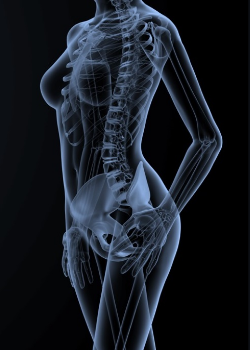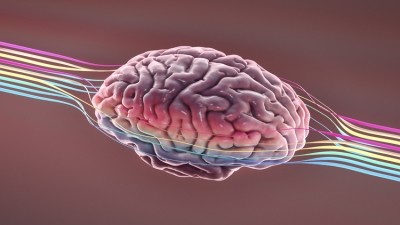Menopause linked to excessive weight and higher risk of heart disease, study suggests

The study published in The Lancet and carried out by researchers from personalised nutrition company ZOE and leading scientists from King’s College, London, also noted greater sugar consumption and worse sleep in women suffering symptoms of the menopause but say changes to diet, improving gut health and hormone replacement therapy (HRT) could help counteract these changes.
The research acknowledges that the menopause transition is associated with unfavourable alterations in health but noted postprandial metabolic changes and their mediating factors are poorly understood.
More than 1,500 women were assessed for the phenotypic characteristics, including anthropometric, diet and gut microbiome data, fasting and postprandial cardiometabolic blood measures including continuous glucose and monitoring data was collected.
Differences between menopausal groups were assessed in the cohort and in an age-matched subgroup, adjusting for age, BMI, menopausal hormone therapy (MHT) use, and smoking status.
Bacterial species
The research team said that crucially their analysis found that diet along with the bacterial species present in women’s guts were at least partially responsible for the changes.
Eating a healthy diet and focusing on gut health could lessen these changes, as could taking HRT, the researchers said.
Dr Sarah Berry, an associate professor in nutritional sciences at King's College London and Lead Nutritional Scientist at ZOE was a senior study author, she said: “Menopause has historically been vastly under-studied, and women have been under-represented in health research, especially in relation to diet and health,”
“Our research shows that menopause is a time of major metabolic upheaval, which can have significant impact on long-term health.”
The researchers also found key differences in inflammation and blood sugar levels after eating in post-menopausal versus pre-menopausal women.
The negative effect of menopause on blood sugar control, which is a key risk factor for cardiovascular disease and type 2 diabetes, was found even in women of a similar age, pre- and post-menopausal women
Blood sugar
They said this shows, for the first time, that this decline in blood sugar control was not just an inevitable part of aging.
Another novel finding of this research was a link between menopause with higher body fat and inflammation being partly mediated by poor diet and the microbiome.
The researchers said: “Given that diet and microbiome composition are intricately linked, this shows the potential role of diet in modulating some of the unfavourable health effects of menopause.”
The research team also found that post-menopausal women consumed higher intakes of dietary sugars and reported poorer sleep compared with pre-menopausal women, which are both associated with increased risk for type 1 and type 2 diabetes, obesity, and cardiovascular disease.
The researchers added: “These changes in diet and sleep, alongside the decrease in physical activity reported in previous studies, are linked to declining oestrogen and may act in concert to increase the risk for weight gain over time.
Further, the study also observed differences in the abundance of bacterial species between pre- and post-menopausal women, including pro-inflammatory and obesogenic bacteria.”
They said the latest findings point towards the need to develop more tailored nutrition and lifestyle advice for women at different stages in life, taking into account personal metabolic responses, evolving microbiome and hormonal status.
“As more women go through menopause, it is vital that clinicians, researchers, the general public and policymakers encourage open, supportive discussions on this topic pointing to research like ZOE’s to enable science-backed dietary lifestyle advice that will effectively reduce the unfavourable effects of menopause on cardiometabolic risk,” they concluded.
Linked resource

Probiotics for a smooth menopause transition
In this report, Lumina Intelligence reviews the shifting perceptions of menopause, overviews some of the recent science studies and zooms in on the current offering within this niche.
















